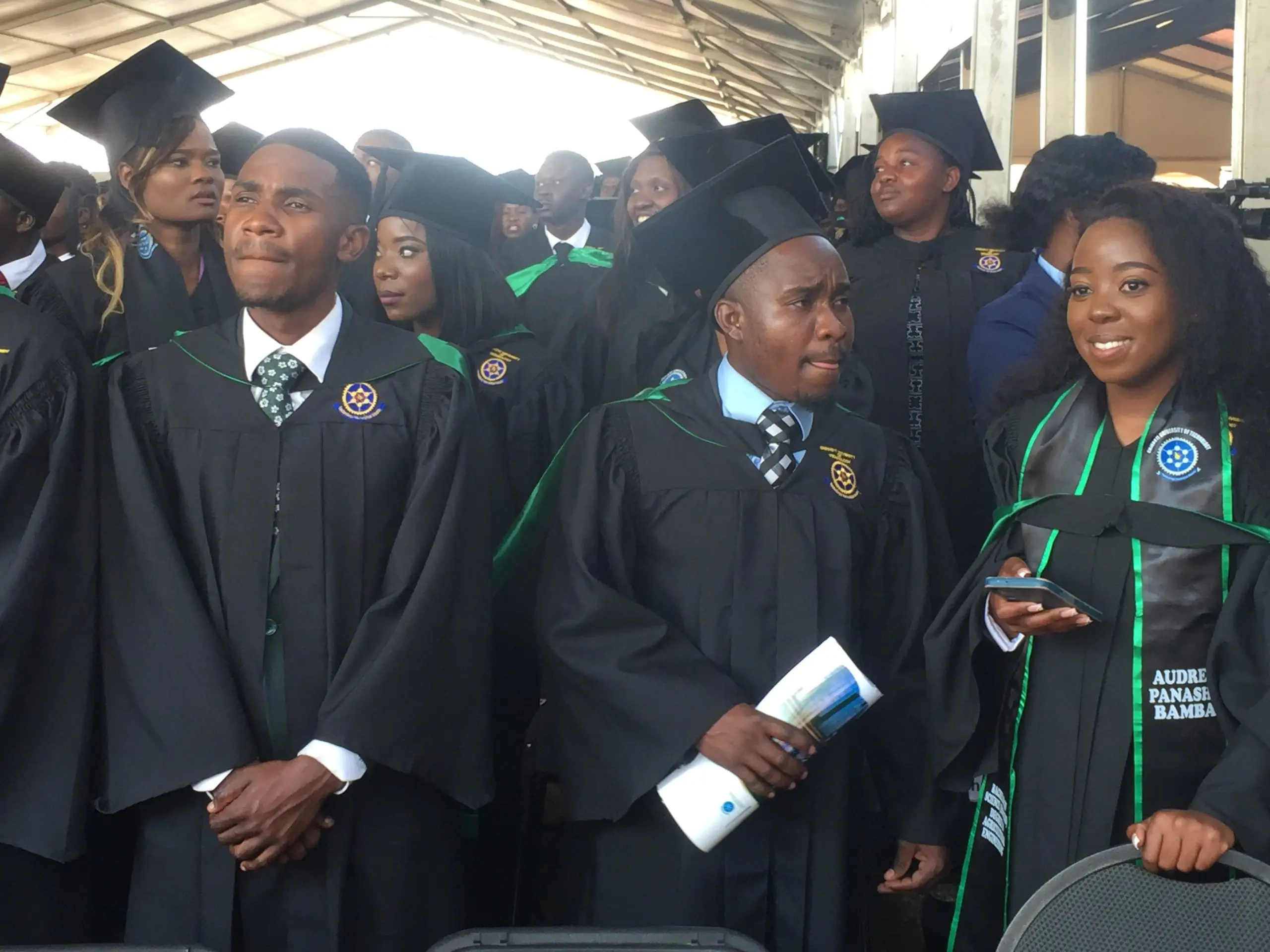By James Muonwa
CHINHOYI University of Technology (CUT) has achieved gender parity in the number of graduands churned out of the Class of 2025, amid a shift that witnessed more females than males graduating.
During the university’s 21st graduation ceremony held on Thursday, a total of 3,130 graduands were capped by President Emmerson Mnangagwa, who is the Chancellor of all State universities.
Of the graduating Class of 2025, there were 1,573 females and 1,557 males, marking a slight difference of 16.
Traditionally, during previous graduation ceremonies, the number of male graduates surpassed that of females.
Speaking on the sidelines of the event held at CUT Grounds, women’s rights lobbyist, Chioniso Gurupira, said the new trend was a positive sign of strides the country has made in empowering women and the girl-child.
“The one thing that has probably struck some of us in the gender mainstreaming sector is the number of female graduands at this event. The women are slightly more than the men, which is a positive story of CUT having achieved gender parity,” said Gurupira.
Gender parity refers to a situation where the number of females and males is roughly equal or balanced in a particular context, such as in education, the workforce, or leadership roles.
It implies equal representation, opportunities, and treatment of both genders.
A female graduand, Jennifer Tinotenda Sanjobo, who graduated with a Bachelor of Science (BSc) in Crop Science, expressed joy at having successfully completed her degree in a previously male-dominated study area, which will enable her to contribute meaningfully to national development.
“I am excited to have graduated with a BSc in Crop Science. We were a few ladies in our cohort and l feel proud to be among the graduands,” said Sanjobo.
“I am hoping to use my newly acquired education and expertise to help Zimbabwe fight climate change by coming up with seed varieties that can adapt and withstand the rigours of the phenomenon.
“In a small way, I am optimistic my contribution to climate-proofing agriculture will bring about food security and national development,” she added.
While CUT has managed to bring an equilibrium between the number of graduates based on gender, sadly total number of graduands tumbled this year to 3,130 from the 2024 figure, which stood at 3,545. In 2023, a total of 3,480 graduated from the same university.
Addressing guests, CUT Vice Chancellor, Professor David Simbi lamented the low uptake of science, technology, engineering and mathematics (STEM) courses, which are the varsity’s anchor areas of study.
“Our understanding as a higher education institution of our role is using research, innovation, science and technology development to drive and develop the industrialisation and modernisation of Zimbabwe to achieve a middle economic status by 2030…
“…However, our human capital development remains side lobbed in that there are too few STEM students in our programmes, despite the importance we attach to the related programmes of study,” said Simbi.
“This is, however, not peculiar to Zimbabwe, and there are other routes that we can use to meet this deficit that other countries with similar problems have adopted.
“To this end, Your Excellency and Chancellor, CUT will be seriously investigating the introduction of foundation programmes in science, technology and engineering as pre-university basic technology education.”
Simbi noted that the approach is a common trend in the United Kingdom, Singapore and Malaysia, among other countries.
The vice chancellor also lamented the high cost of laboratory equipment, which he, however, said could be dealt with by adopting reverse engineering.
Simbi told graduands that the Heritage-Based Education 5.0 philosophy had prepared them for the future.
“Heritage-based education has prepared you for the future. To the private sector, these graduates are ready to take on any challenge for the good of the country. In broader contribution, heritage-based education has gained greater meaning in the nation and beyond, towards industrialisation and modernisation,” Simbi said.
